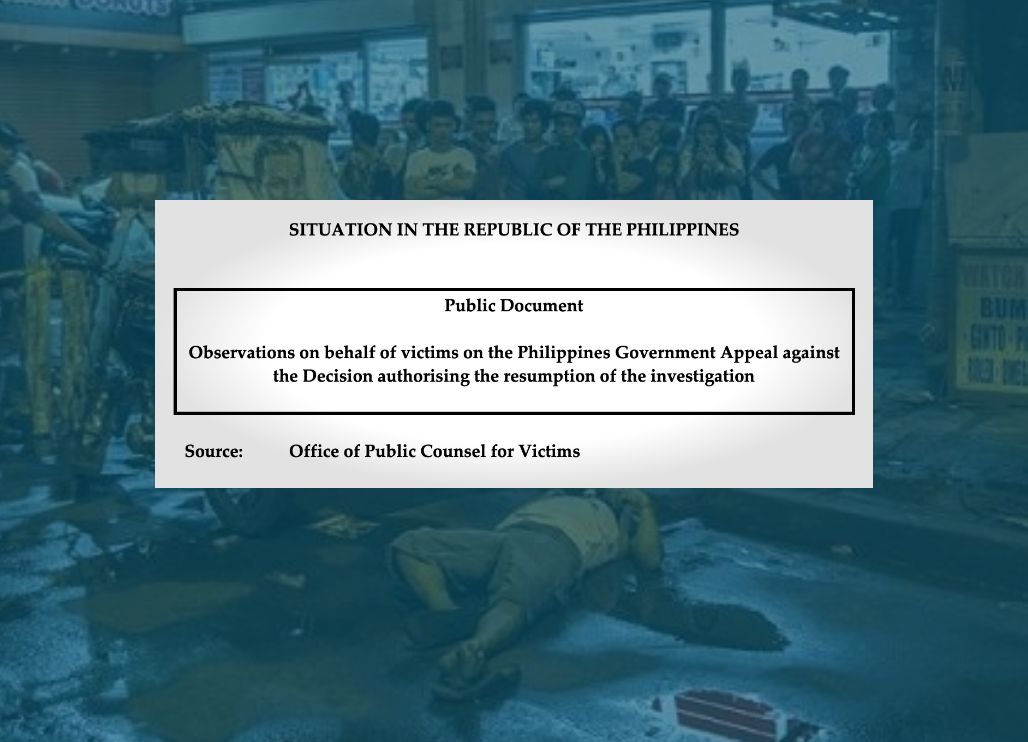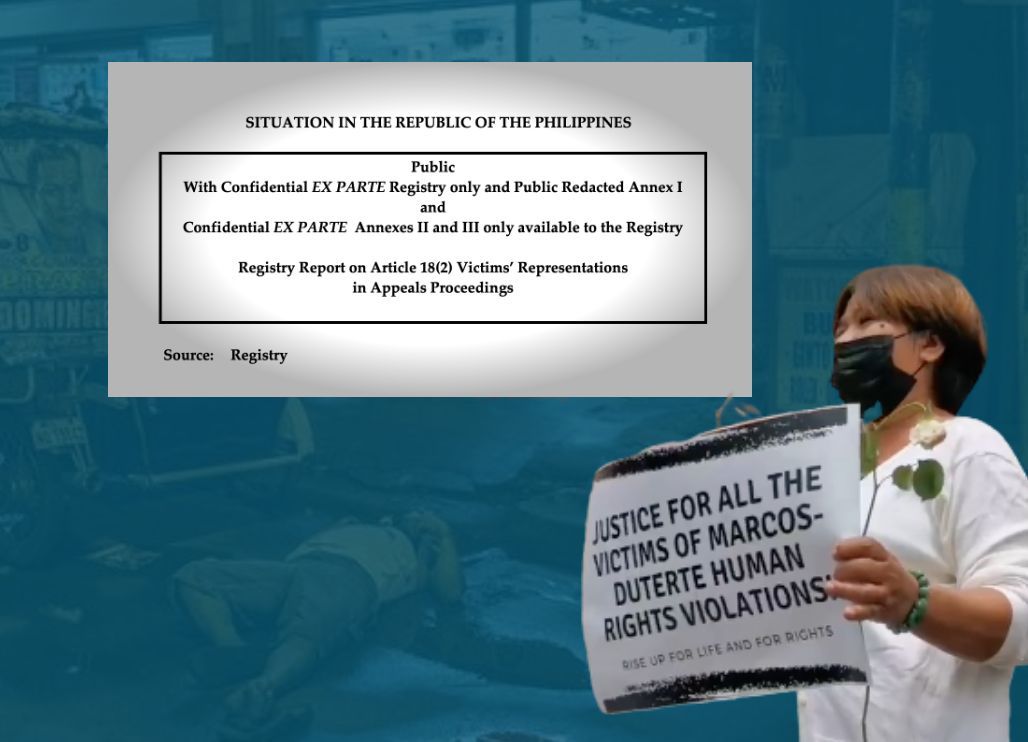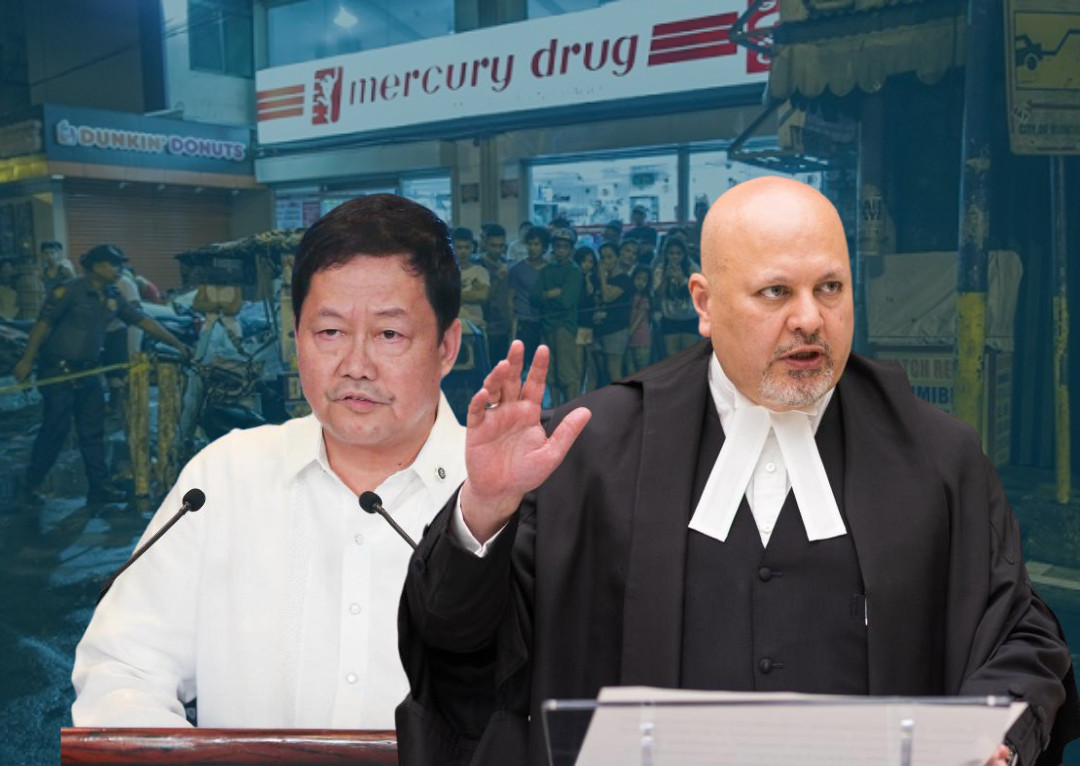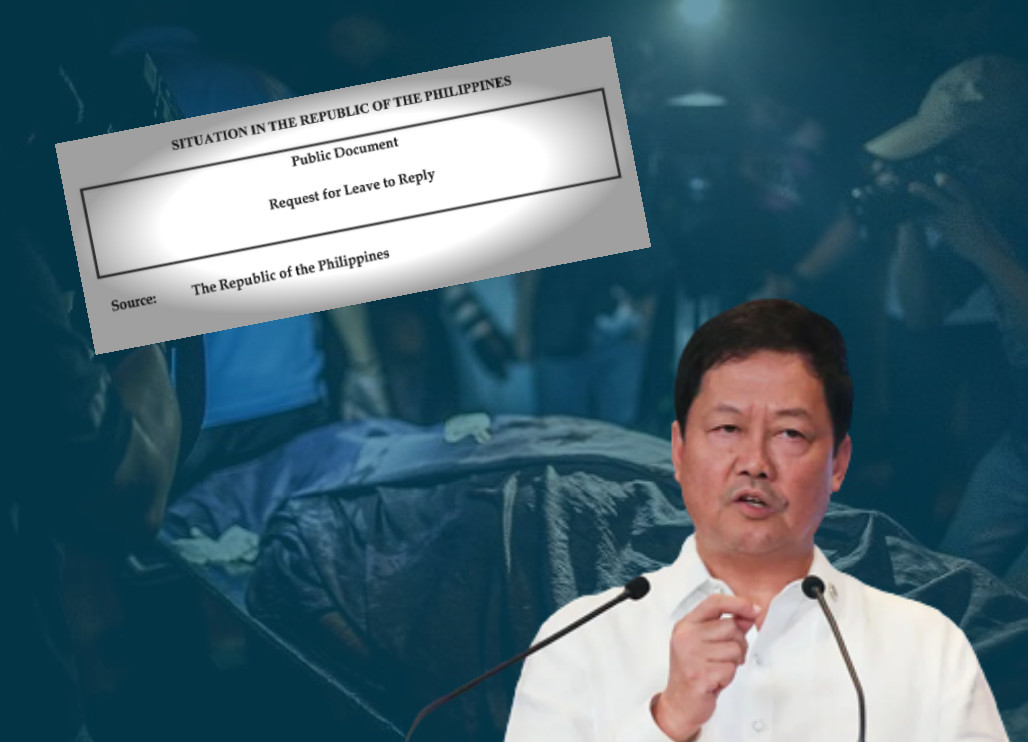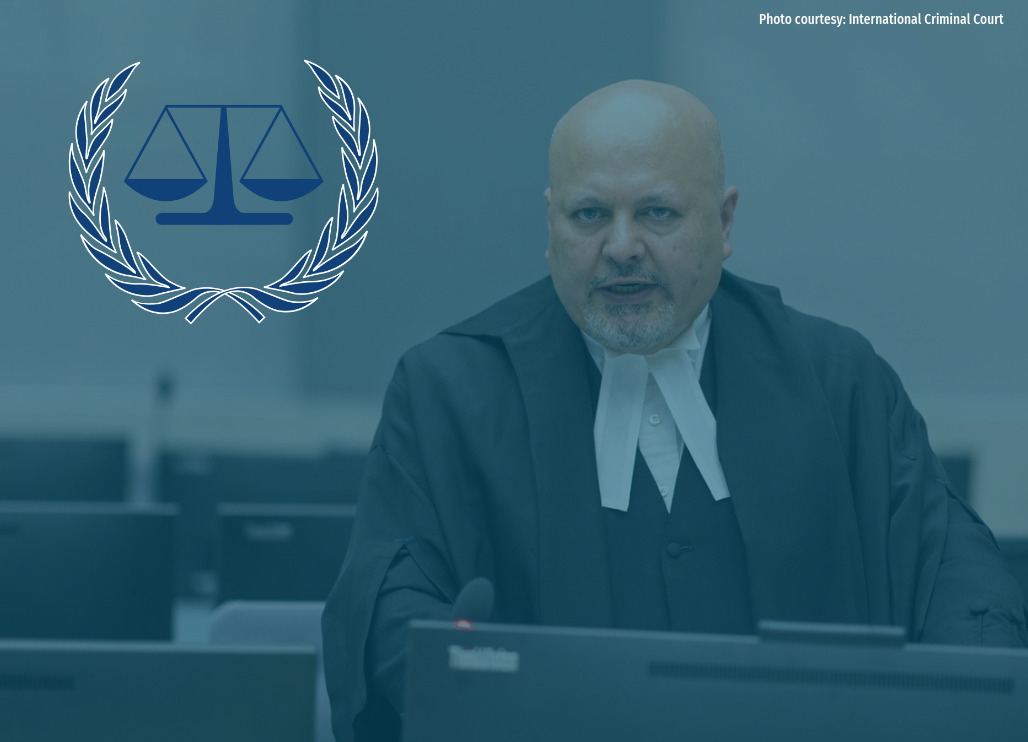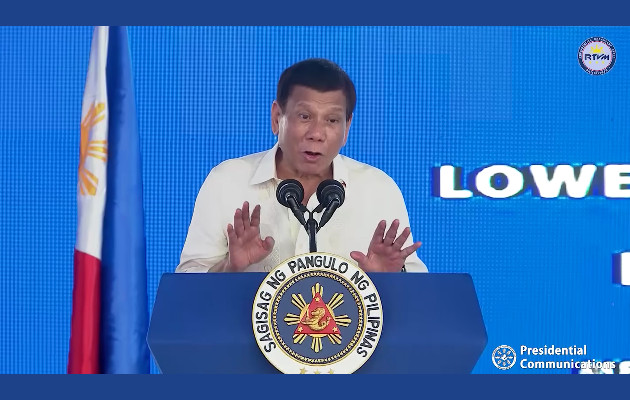The government has suffered another setback in its effort to stop the investigation of the International Criminal Court (ICC) on drug-related crimes during the Duterte administration as an office of public lawyers in the tribunal shot down all the arguments it presented.
In an April 18 submission, the Office of Public Counsel for Victims (OPCV) stated that the government’s appeal to reverse a Jan. 26 decision to continue with the ICC probe should be rejected “in its entirety” as there are no legal errors in the ruling as claimed by the Office of the Solicitor General (OSG).
“A reversal of the Impugned Decision on appeal may in fact result in halting the Prosecutor’s investigation, thereby jeopardi[z]ing the victims’ rights to truth, justice and reparations,” the OPCV noted in its 28-page petition to the ICC’s Appeals Chamber.
The OPCV, an independent body in the ICC that provides support and assistance to victims and their legal representatives in cases of crimes against humanity handled by the tribunal, was allowed by the Appeals Chamber to submit its observation on the appeal proceedings.
“A decision regarding the opening of an investigation concerns the first step towards perpetrators’ accountability before the Court in respect of the crimes suffered by the victims,” it said, pointing out that a probe is “the most essential of all victims’ interests.”
The OPCV argued that the OSG is wrong to say that the Philippines is no longer bound to cooperate with the ICC after its withdrawal on March 16, 2019 from the Rome Statute, the founding treaty of the Netherlands-based tribunal. It pointed out that a preliminary examination into the bloody “drug war” of former president Rodrigo Duterte was already in place in February 2018.
The agency agreed with ICC Prosecutor Karim Khan that the Pre-Trial Chamber I, which issued the ruling to resume the probe, correctly placed the burden of proof on the Philippines. Contradicting the OSG’s position, the OPCV said it is the state’s responsibility to prove the existence of genuine investigations or prosecutions in the country which must mirror the ICC’s investigation. (See ICC prosecutor says Duterte and top officials “encouraged” drug war killings, urges dismissal of PH appeal to block probe
The Pre-Trial Chamber I, according to the OPCV, correctly assessed the evidence submitted by the OSG, such as the 302 cases of the National Bureau of Investigation and the National Prosecution Services, noting that it is not enough for the government to merely assert that local investigations are ongoing without presenting evidence with “sufficient degree of specificity and probative value.”
“[I]t is impossible to assert that genuine investigations or prosecutions are ongoing based on mere statements by senior officials, as contended by the Philippines,” the OPCV said. “The available information also illustrates a significant and unjustified delay in undertaking some scarce and partial proceedings – which is inconsistent with the intent to bring the perpetrators to justice.”
The OPCV likewise dismissed the OSG’s allegation that the Pre-Trial Chamber failed to properly assess the gravity of the alleged crimes and the willingness or ability of the government to look into these.
“Since the Chamber was not satisfied that the Philippines is undertaking relevant investigations or subsequent criminal prosecutions, it did not need to further address the willingness or ability to domestically carry on genuine proceedings,” the petition stated.
The OPCV submission brings the ICC closer to a decision on the government’s appeal. Some of the 90 victims of the alleged killings and other crimes in the controversial anti-illegal drugs campaign are also expected to submit their statements by the May 22 deadline. All their statements will be collected and filed by the ICC’s Victims Participation and Reparations Section. (See ICC denies PH request to suspend drug war investigation and ICC lets victims participate in appeal proceedings of drug probe, denies PH access to their identities)
The ICC probe focuses on alleged crimes against humanity that occurred from July 2016 to March 2019, which includes the death of 12,000 to 30,000 individuals, and the suspected extrajudicial killings and related crimes in the Davao region from November 2011 to June 2016.
Read the OPCV’s submission here.
